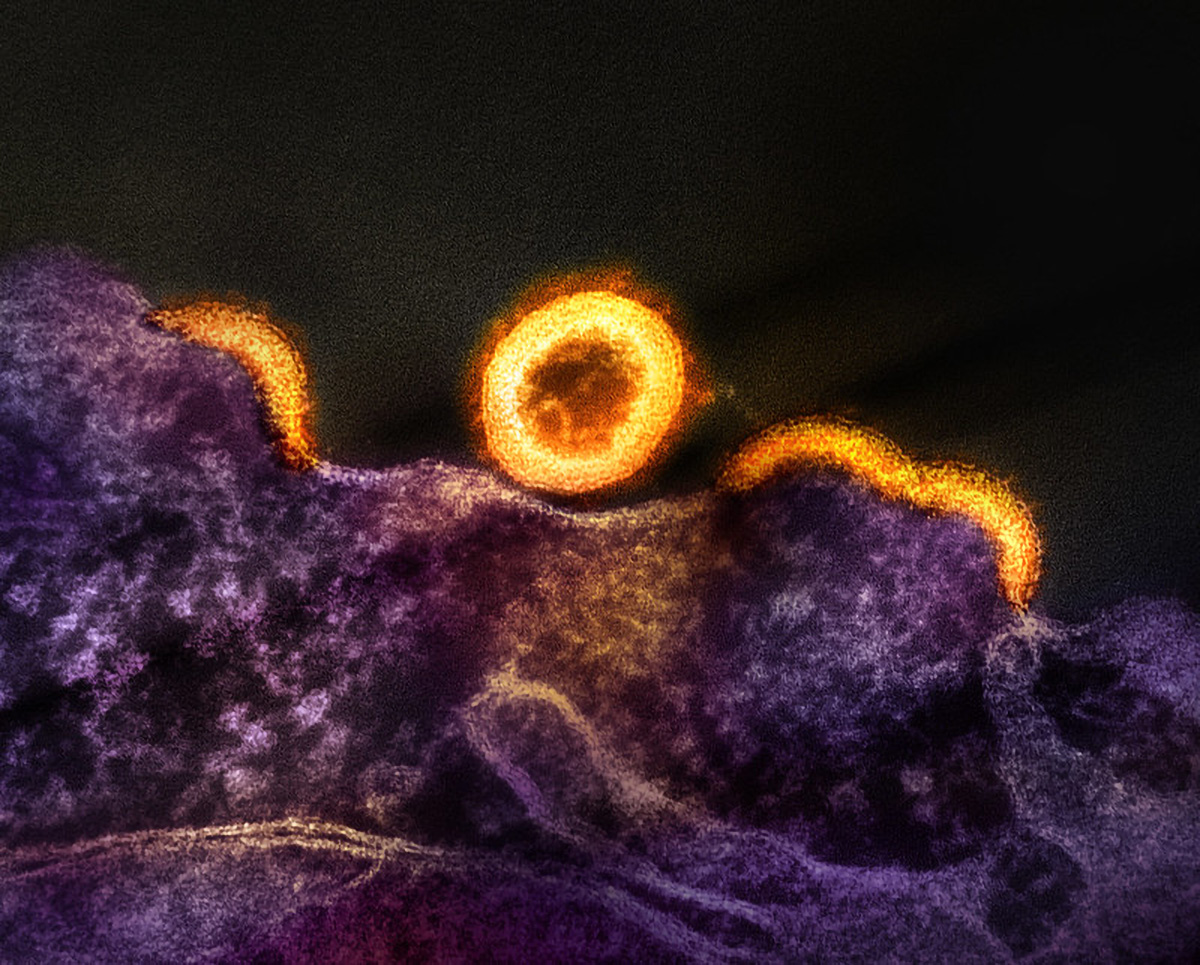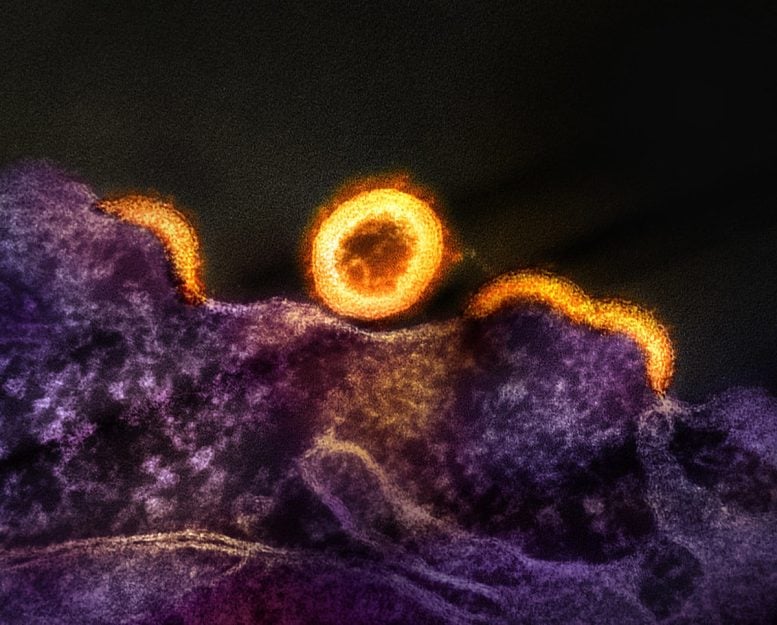

NIH-funded research offers evidence on transplantation practices that are currently confined to research environments.
A multicenter observational study in the United States found that kidney transplants from deceased donors with HIV (HIV D+) to recipients with HIV (HIV R+) were safe and had comparable outcomes to transplants from donors without HIV (HIV D-).
The clinical outcomes observed were consistent with smaller pilot studies, but this National Institutes of Health (NIH)-funded clinical trial was the first statistically powered to demonstrate noninferiority, which means that an approach being studied is as good as standard clinical practice. The results were published today in the New England Journal of Medicine.
Kidney transplants offer a survival benefit to people with HIV and end-stage kidney disease, but an organ shortage limits access. In addition, people with HIV face a higher risk of death while on the organ waitlist and have lower access to transplants than people without HIV.
To help address these disparities, the HIV Organ Policy Equity Act (HOPE) was implemented in 2015 and legalized transplants between donors and recipients with HIV. Currently, the HOPE Act limits this practice to research settings to carefully evaluate outcomes.
These include post-transplant survival, post-transplant kidney function (also known as graft survival), and kidney rejection. Research studies also assess unique potential risks of this practice, such as acquiring a second, genetically distinct HIV strain from the donor that could affect the recipient’s HIV disease.
Study Design and Enrollment
The present study enrolled 198 adults with HIV and end-stage kidney disease who received kidney transplants at 26 centers, comparing the outcomes of 99 study participants who had donors with HIV versus 99 whose donors did not have HIV. Transplants were completed between April 2018 and September 2021 and recipients were monitored subsequently for about three years.
The outcomes for overall survival, graft survival, and rejection rates were similar in both groups. One year after transplantation, survival rates were 94% for HIV-positive donor/recipient (HIV D+/R+) and 95% for HIV-negative donor/HIV-positive recipient (HIV D-/R+). After three years, survival rates were 85% for HIV D+/R+ and 87% for HIV D-/R+.
For graft survival, the one-year rates were 93% in the HIV D+/R+ group and 90% in the HIV D-/R+ group. After three years, graft survival rates dropped to 84% for HIV D+/R+ and 80% for HIV D-/R+.
Regarding rejection, the incidence was 13% for HIV D+/R+ and 21% for HIV D-/R+ after one year, remaining the same at three years: 13% in HIV D+/R+ and 21% in HIV D-/R+.
Safety and Unique Observations
Both groups also had comparable rates of serious adverse events, surgical site infections, surgical and vascular complications, and cancer. One recipient potentially acquired a second distinct HIV strain from their donor, but this had no significant clinical impact.
Overall, the findings show kidney transplantation between donors and recipients with HIV was safe and non-inferior to transplantation from donors without HIV. According to the authors, these findings offer evidence to support the expansion of the practice outside of research settings.
Reference: “Safety of Kidney Transplantation from Donors with HIV” by Christine M. Durand, Allan Massie, Sander Florman, Tao Liang, Meenakshi M. Rana, Rachel Friedman-Moraco, Alexander Gilbert, Peter Stock, Sapna A. Mehta, Shikha Mehta, Valentina Stosor, Marcus R. Pereira, Michele I. Morris, Jonathan Hand, Saima Aslam, Maricar Malinis, Ghady Haidar, Catherine B. Small, Carlos A.Q. Santos, Joanna Schaenman, John Baddley, David Wojciechowski, Emily A. Blumberg, Karthik Ranganna, Oluwafisayo Adebiyi, Nahel Elias, Jose A. Castillo-Lugo, Emmanouil Giorgakis, Senu Apewokin, Diane Brown, Darin Ostrander, Yolanda Eby, Niraj Desai, Fizza Naqvi, Serena Bagnasco, Natasha Watson, Erica Brittain, Jonah Odim, Andrew D. Redd, Aaron A.R. Tobian and Dorry L. Segev, 16 October 2024, New England Journal of Medicine.
DOI: 10.1056/NEJMoa2403733
The study was led by the Johns Hopkins University School of Medicine, Baltimore, and funded by NIH’s National Institute of Allergy and Infectious Diseases (NIAID).